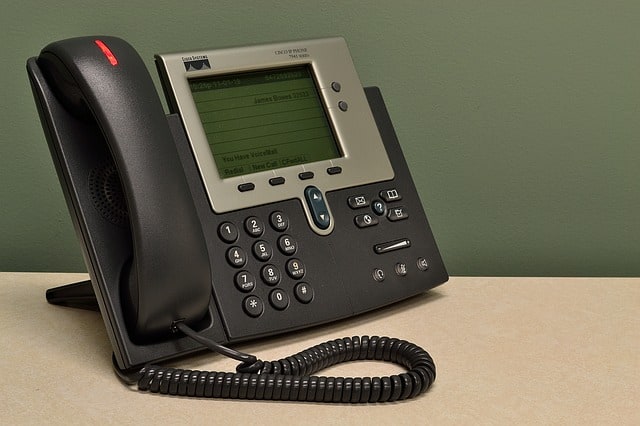Robocalls exist because they can be an effective and efficient way for companies and organizations to reach a large number of people quickly and inexpensively. These automated phone calls are often used for telemarketing, political campaigning, debt collection, and other purposes.
While some robocalls are legal, many others are illegal and designed to scam people out of their money or personal information. The rise in technology has made it easier for scammers to make these calls with sophisticated software that can spoof phone numbers, making it difficult for authorities to trace and stop them.
Below we’ll talk about how to avoid unwanted robocalls and also how to deal with them when you receive one.
First we’ll identify some robocalls that exist that can be helpful to you.
What examples of legal robocalls exist?
Not all robocalls are illegal or unwanted. Some of them can be helpful and might be ones you actually want to receive. Examples include:
- Informational calls: These are calls made by schools, healthcare providers, and other organizations to provide information about appointments, events, or updates. For example, a doctor’s office might use a robocall to remind patients about upcoming appointments or to provide updates on test results.
- Political calls: These are calls made by political campaigns, parties, or candidates for office to solicit votes or campaign contributions.
- Charitable calls: These are calls made by charitable organizations to solicit donations or provide information about their work.
- Customer service calls: These are calls made by companies to their customers to provide customer service and support. For example, a bank might use a robocall to notify customers of potential fraud on their accounts.
- Debt collection calls: These are calls made by debt collectors to attempt to collect payment for outstanding debts.
It is important to note that legal robocalls are subject to certain regulations and restrictions, such as obtaining prior consent from the person receiving the call and providing the option to opt-out of future calls.
How should you handle an unwanted robocall?
Unwanted robocalls on the other hand can be annoying and dangerous. The best way to handle an unwanted robocall is to avoid answering it.
But if you happen to answer one unknowingly and then realize it, there are some things you can do.
Here are some steps you can take to handle a robocall:
- Hang up immediately: Do not engage with the caller and hang up as soon as possible. Do not press any keys or provide any personal information.
- Block the number: If you receive a robocall from a specific number, you can block it on your phone to prevent further calls from that number.
- Report the call: You can report the robocall to the Federal Trade Commission (FTC) at donotcall.gov or by calling 1-888-382-1222. Reporting robocalls helps the FTC and other law enforcement agencies to investigate and stop illegal robocallers.
- Consider using call blocking apps: There are several call blocking apps available that can automatically block known robocall numbers or warn you of potential scam calls.
- Be cautious: Do not trust unsolicited calls or offers, even if they seem legitimate. Always verify the identity of the caller and do not provide any personal information or payment details over the phone.
Remember, it is important to be cautious and protect your personal information from potential scammers who use robocalls to prey on unsuspecting victims.
Final thoughts
Robocalls themselves are not inherently dangerous, but they can be used to perpetrate various types of scams and frauds that can be harmful to individuals. Some robocalls may offer fake or fraudulent products or services, while others may try to obtain personal or financial information from the person receiving the call.
For example, some robocalls might claim to be from a bank or government agency and ask for personal information like Social Security numbers or bank account details. Others might threaten legal action if money isn’t paid immediately.
If you fall for a robocall scam, you could end up losing money, having your identity stolen, or even becoming the victim of other crimes. It is important to be cautious and vigilant when receiving unsolicited calls, and to never provide personal information or payment details over the phone unless you are absolutely sure that the caller is legitimate.


